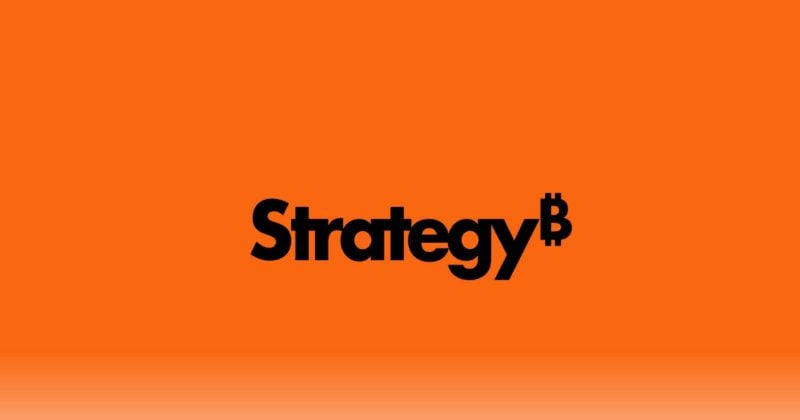ARTICLE AD
Table of Contents
Enabling DVT with DKG Safer, Superior StakingDistributed Validator Technology or DVT has been getting a lot of attention for its ability to bolster the resilience and security of blockchain validators on proof-of-stake networks such as Ethereum. It works by splitting a validator’s private key into multiple fragments, known as keyshares, which are then scattered across a distributed cluster of computers. DVT has great potential to eliminate single points of failure in a network, making it more difficult for validators to be compromised.
DVT therefore tackles some of the most pressing challenges in PoS blockchain security, mitigating risks such as slashing, downtime and the possibility of validators being compromised. In doing so, DVT provides an extra layer of protection for staking crypto tokens to secure the network.
Enabling DVT with DKG
It’s an exciting technology that has suddenly become much more practical with the news that SVV.Network has just launched a new Distributed Key Generation tool, which enables distributed nodes to operate more efficiently, and can be used to build safer non-custodial staking services.
With DKG, SVV.Network says it’s able to improve the security of validator’s private keys. That’s because the keys no longer need to exist as a whole – instead, they’re shared across a cluster of node operators. This means validator duties can be performed without a staking service, solo-staker, or squad-staking setup ever holding the key.
By breaking down private keys into “keyshares”, DKG makes it possible to run validators in a distributed way, with multiple operators in a cluster each holding a single keyshare, co-signing duties on behalf of the validator. This results in a much higher level of security, fault tolerance and decentralization than a traditional validator setup. On SSV.Network, validators can select the node operators they wish to delegate their keyshares to, and they can choose to do this in one of two ways – either through Keysplitting or DKG.
DKG represents a major evolution of Keysplitting, which is where the private key is split into multiple input splits, with each one encrypted and shared between node operators. With DKG, there’s no need for private keys to exist at all
In a blog post, SVV.Network likens validator keys to an old-fashioned treasure map that’s ripped into multiple pieces and shared with operators in a cluster at random. In contrast, DKG allows operators to select their own pieces of the treasure map. These pieces represent the keyshares, and when they all come together, the private key can be accessed for signing duties.
The main difference between keyshares and DKG is that, with the former, it’s possible for someone to obtain all of the pieces and view the entire “treasure map”, and therefore access the private key. With DKG, this is no longer possible as the entire map can never be known. It means nobody has to trust someone else, and no one ever has full possession of the entire map.
Safer, Superior Staking
We think SVV.Network’s DKG can be a game-changer in the realm of blockchain validator security, as it allows network participants to collectively create a secret private and public key pair and protect it from ever being exposed, even if multiple nodes are compromised. Better yet, key management is no longer required, and there is less need for trust, boosting decentralization.
DKG will be particularly advantageous for staking services building on SSV.Network, as there is no need to manage any private keys at all. Once a new staking pool reaches the key threshold of 32 $ETH to create a new validator, the operators will automatically be selected, allowing the validator to create a new key without having to worry about securing it.
Moreover, it will also benefit solo stakers, who can now use their existing infrastructure to become a node operator within their own cluster, while also providing their node services to other validators. In doing this, they’ll benefit from additional $SSV rewards, in addition to $ETH rewards.
Without doubt, DKG is a significant advancement in cryptography and blockchain validator security and one that’s likely to accelerate SSV.network’s already impressive momentum. In December, the project finally launched its permissionless mainnet, enabling anyone to participate in Ethereum staking, even with only a minimal amount of $ETH.
Disclaimer: This article is provided for informational purposes only. It is not offered or intended to be used as legal, tax, investment, financial, or other advice

 1 year ago
50
1 year ago
50 

